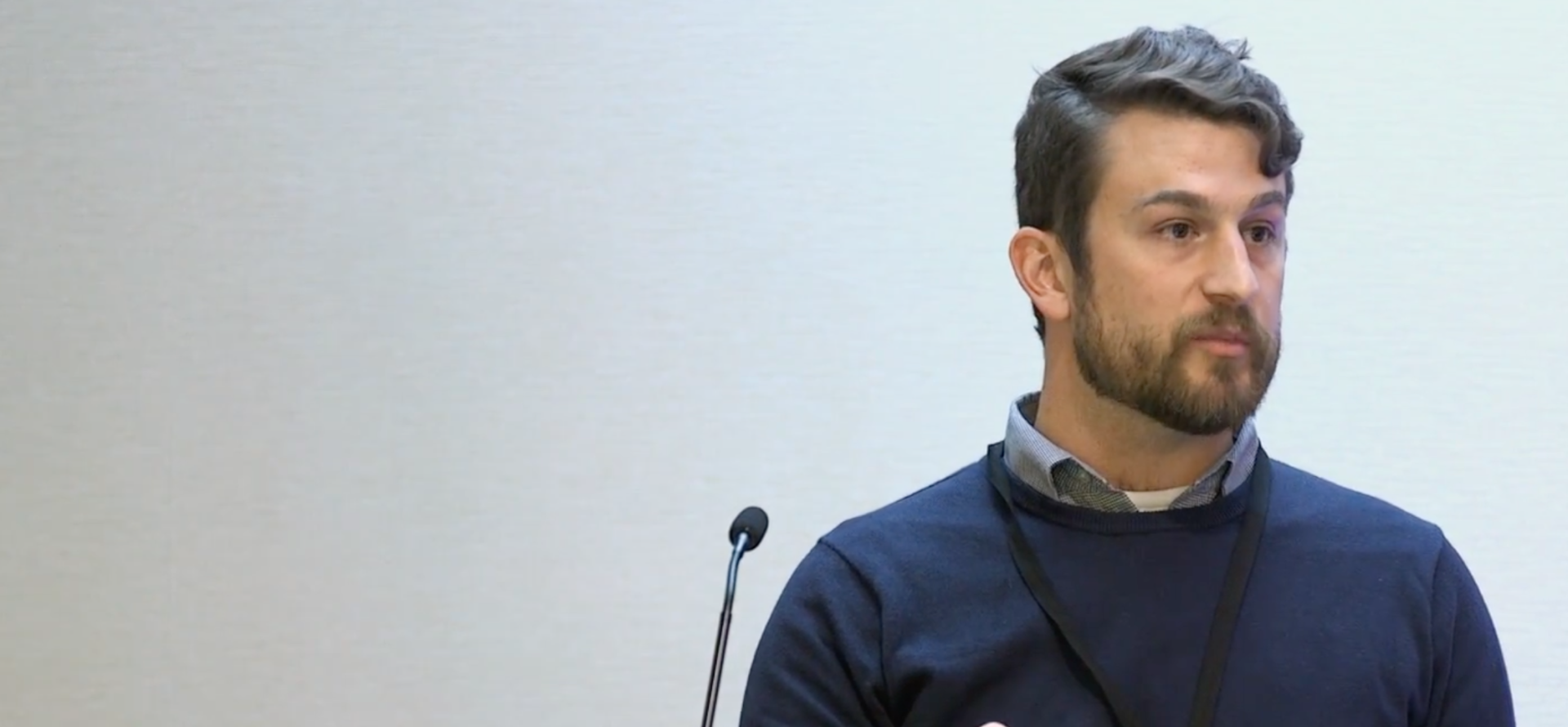Ash Sweeting in conversation with with Dr Carl Wepking – University of Wisconsin – Madison
The effects of antibiotic use in livestock are far greater than the human health impacts of antimicrobial resistance. It is estimated that 90% of the antibiotics given to livestock end up in the soil. Despite these antibiotics no longer being detectable in manure they still significantly impact the soil microbiome.
Research shows that these antibiotics reduce the ability of the soil to capture and store carbon, and the ability of soil to respond to increased temperatures. Livestock manure and the soil are breeding grounds for antibiotic resistant microbes increasing the potential impact on human health. Dr Carl Wepking is a soil microbial ecologist who has been studying the effects of livestock antibiotics use on the soil microbiome. His research has focused on how livestock antibiotics reduce soil microbial activity, decrease microbes’ ability to adapt to high temperatures, and decrease the soil’s ability to sequester carbon. He also found that the effects of livestock antibiotics on the soil microbiome did not require detectable levels of antibiotics in manure.
Carl is at the University of Wisconsin- Madison where he is running the Grasslands 2.0 program that aims to develop sustainable livestock farming systems.
I recently caught up with Carl to hear more about his work

